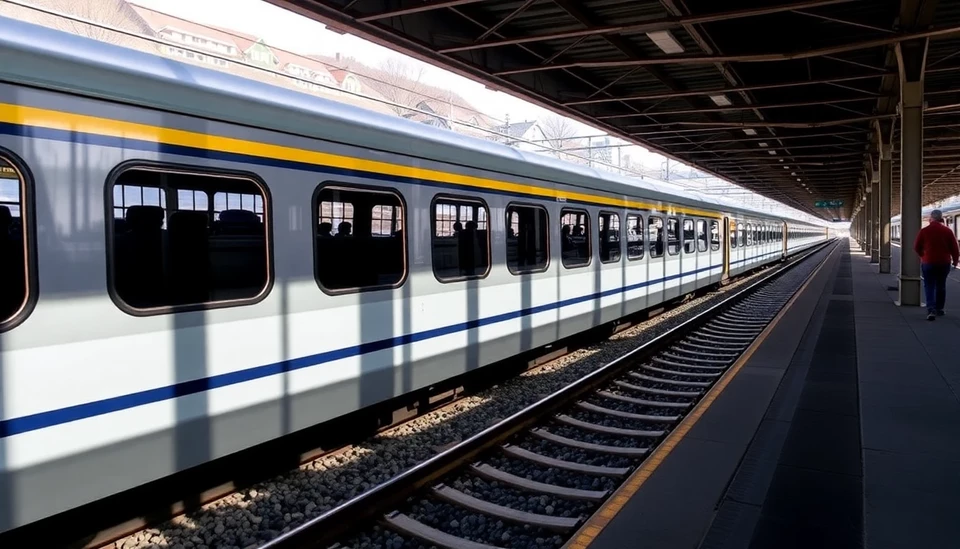
In a significant development aimed at rejuvenating its rail and port infrastructure, South Africa is set to embark on a collaborative journey with private partners. The nation’s government has recently propelled a substantial initiative to revitalize the rail and ports sector, signaling a shift toward greater private sector involvement.
This bold move comes in light of ongoing challenges faced by state-owned entities, particularly Transnet, which has struggled with inefficiencies and extended service delays. The railway and port systems in South Africa are crucial for the socio-economic development of the country, affecting not only domestic transport but also international trade, especially for key exports such as minerals and agricultural products. By enlisting the support of private companies, the government aims to overhaul the outdated infrastructure and improve operational performance.
The South African government has expressed a strong commitment to this public-private partnership (PPP) model, indicating that it is more than just a temporary fix but rather a long-term strategy designed to unlock the potential of the country’s transport networks. This partnership strategy comes at a critical time when the government seeks to boost economic growth, create jobs, and enhance efficiency across various sectors.
Moreover, the initiative would likely attract significant investment, enabling the modernization of ports and railways to support the growing demands of both local and international markets. Several private operators are reportedly interested in participating, and discussions have been initiated to identify the best pathways for collaboration.
The implications of this privatization effort are multifaceted. On one hand, it could lead to improved service delivery and reduced operational downtime as private firms often bring efficiency-driven strategies to the table. On the other hand, it raises concerns regarding potential job losses and the privatization of essential public services, a contentious issue in South Africa's political landscape.
Ultimately, this proposition reflects a holistic approach to overcoming infrastructural bottlenecks that have impeded South Africa’s growth. It also aligns with broader governmental reforms aimed at stimulating investment and fostering an environment conducive to economic prosperity.
As South Africa prepares to embrace this pivotal change in managing its rail and port operations, all stakeholders, including citizens, business leaders, and political representatives, will be closely monitoring the outcomes of this new endeavor.
In conclusion, South Africa's proactive stance on leveraging private sector capabilities to enhance its transport infrastructure marks an essential step towards a more efficient and competitive economy. The future success of this model will largely depend on effective implementation and equitable consideration of all affected parties.
#SouthAfrica #RailInfrastructure #PublicPrivatePartnership #EconomicGrowth #Transnet #Ports #Privatization #InfrastructureDevelopment
Author: Laura Mitchell




